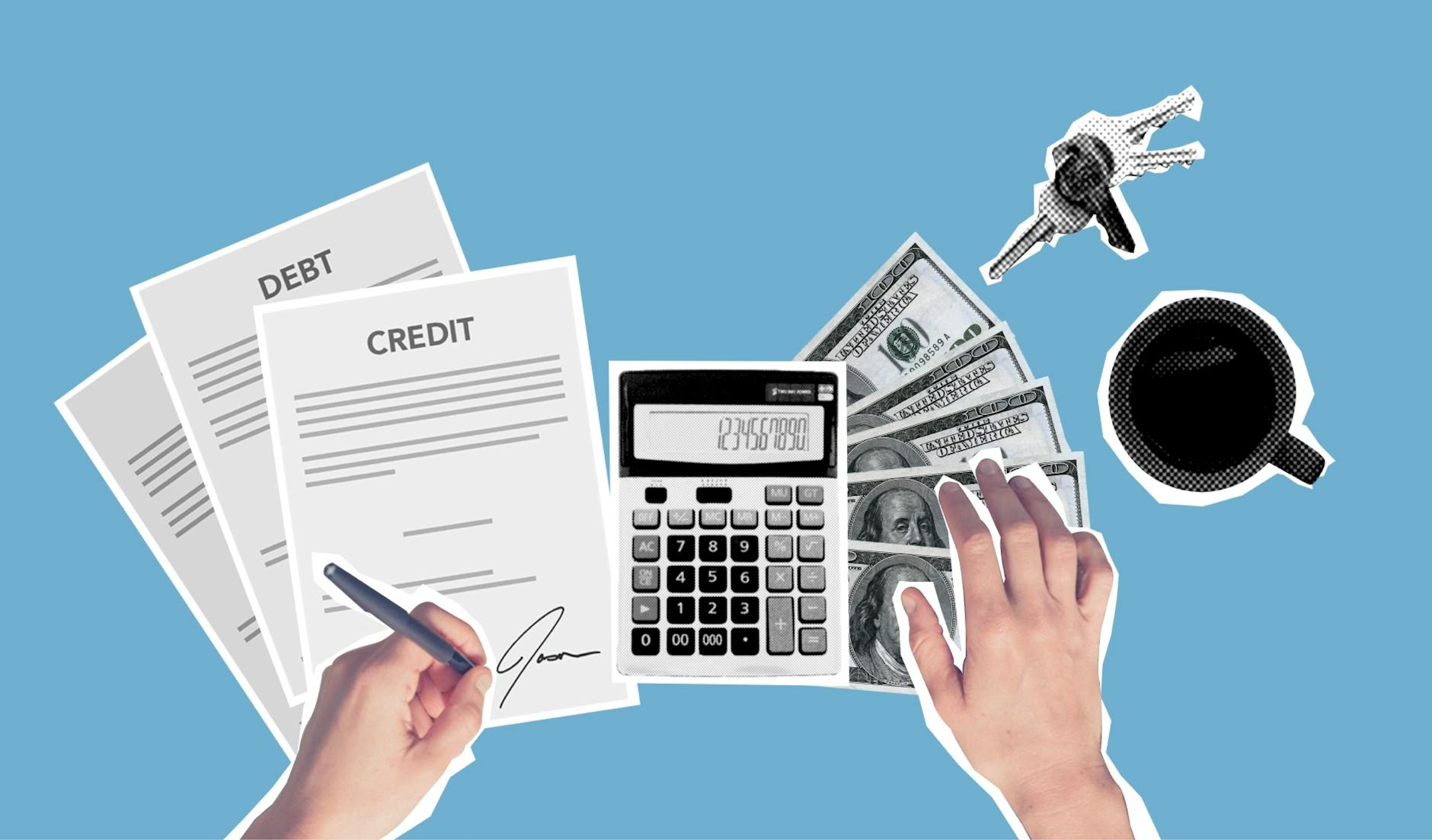When you sign the dotted line on a mortgage, the payment feels set in stone. But what if a small change could save you thousands and bring financial freedom years sooner? Paying even a bit more than your required mortgage payment isn’t just a smart option—it’s a game plan for your wallet and your future.
Slash Your Interest Costs Dramatically
 Photo by Monstera Production
Photo by Monstera Production
Interest is the silent drain on every mortgage. The way lenders structure loans means you pay the most interest at the start, and less as you chip away at the principal. Every dollar you add to your monthly payment, especially early on, fights this trend.
Making extra payments—even small ones—directly attacks the loan balance. This means less interest builds up over time. For example, just $50 more a month on a standard $250,000 30-year fixed mortgage can shave off years of payments and save tens of thousands in interest.
Imagine your mortgage is a snowball rolling downhill. If you pack more snow at the top, it gets to the bottom a lot sooner and causes less damage along the way.
Key benefits:
- Significant interest savings
- More money in your pocket long-term
- Less time being tied to a monthly bill
Pay Off Your Home Years Ahead of Schedule
Staring down 30 years of payments can feel like watching the hour hand on a clock. But making extra mortgage payments is like spinning the hands forward—and fast.
One extra payment per year can shrink a 30-year loan by about six years. That’s not just less debt. That’s freedom to save for your next chapter or invest somewhere else.
If you pay a bit more each month or throw any annual windfalls at your mortgage, you might stand mortgage-free—and stress-free—a decade early. That’s more than a pat on the back; it changes what you can do with your life and your money.
Simple extra payment strategies:
- Biweekly payments: Divide your monthly payment in half and pay every two weeks. You’ll make 13 payments a year instead of 12.
- Round up: Pay to the nearest hundred dollars instead of just the minimum.
- Lump sums: Use tax refunds, bonuses, or other windfalls to make principal-only payments.
Build Equity at Lightning Speed
Home equity is the part of your home you truly own. Paying extra accelerates how fast your equity grows. Why does this matter?
- A bigger equity stake gives you options if you want to refinance or tap into a line of credit.
- Selling becomes more profitable, since more of your sale price goes to you—not the bank.
- You’re more protected if home values wobble.
Think of it as filling your own bucket instead of your lender’s.
Give Yourself Financial Flexibility
When your mortgage balance drops quickly, you gain power. Debt can be handcuffs. Extra payments start unlocking them.
With extra payments, you’re less exposed to life’s curveballs. Lost your job? Lower balance means lower risk if the market dips. Need to move? More equity means you keep more cash. Higher equity can also unlock better terms if you refinance or apply for another loan down the line.
Protect Yourself from Market Volatility
Housing markets change. Interest rates rise and fall. The future seldom follows the script. Paying down your mortgage faster gives you peace of mind.
- You may avoid the shock of rising rates if you have an adjustable-rate mortgage.
- It protects you if home values drop sharply; with less debt, you’re less likely to owe more than your home is worth.
This isn’t just about getting ahead. It’s about building a moat around your financial castle.
Minimize Risk of Prepayment Penalties
Worried about extra charges from paying off your loan early? Most modern home loans—especially FHA or USDA—don’t penalize prepayment. Older or specialized loans are the exception, not the rule. Double-check your agreement, but for most, the real risk is missing an opportunity to save.
Quick tip: Tell your lender any “extra” you send should go directly to principal, not to next month’s interest. Otherwise, you won’t see the full benefit.
Balance Mortgage Payoff With Other Priorities
Every financial choice comes with trade-offs. If your mortgage interest is low, extra payments might not beat returns from investing elsewhere. If you have high-interest debt or lack an emergency fund, address those first.
But if you’re stable, paying extra is one of the safest returns you can guarantee. You’re paid back with savings, security, and breathing room down the road.
Ask yourself:
- Do I have enough savings in case of emergency?
- Am I comfortable with my investment mix?
- Is my loan free of prepayment penalties?
- Does paying extra fit my broader goals?
The Math: Small Changes, Huge Impact
Let’s keep it simple. On a $300,000 mortgage at 4%, making two extra payments per year can:
- Cut your loan term by over 5 years
- Save nearly $46,000 in interest
- Build more than $16,000 in extra equity in the first five years
The earlier you start, the bigger the snowball effect.
Conclusion
Paying a little extra on your mortgage isn’t just a chore for finance buffs—it’s a practical step with real-world rewards. You get out of debt faster, save boatloads of interest, and own more of your home, sooner.
Small sacrifices can mean big gains in freedom, flexibility, and confidence about your financial future. If you can afford even a little more each month or once a year, your future self—and your wallet—will thank you.
